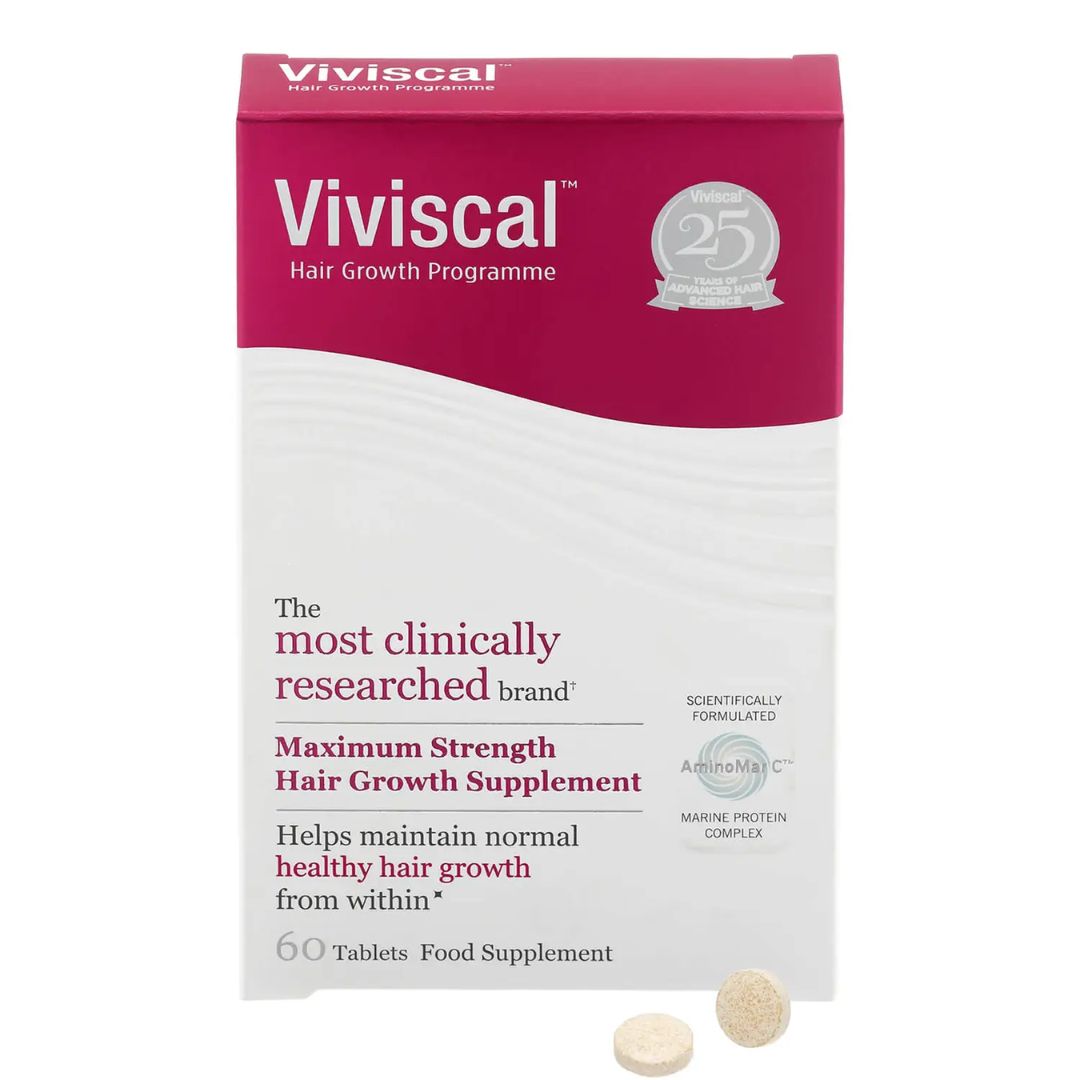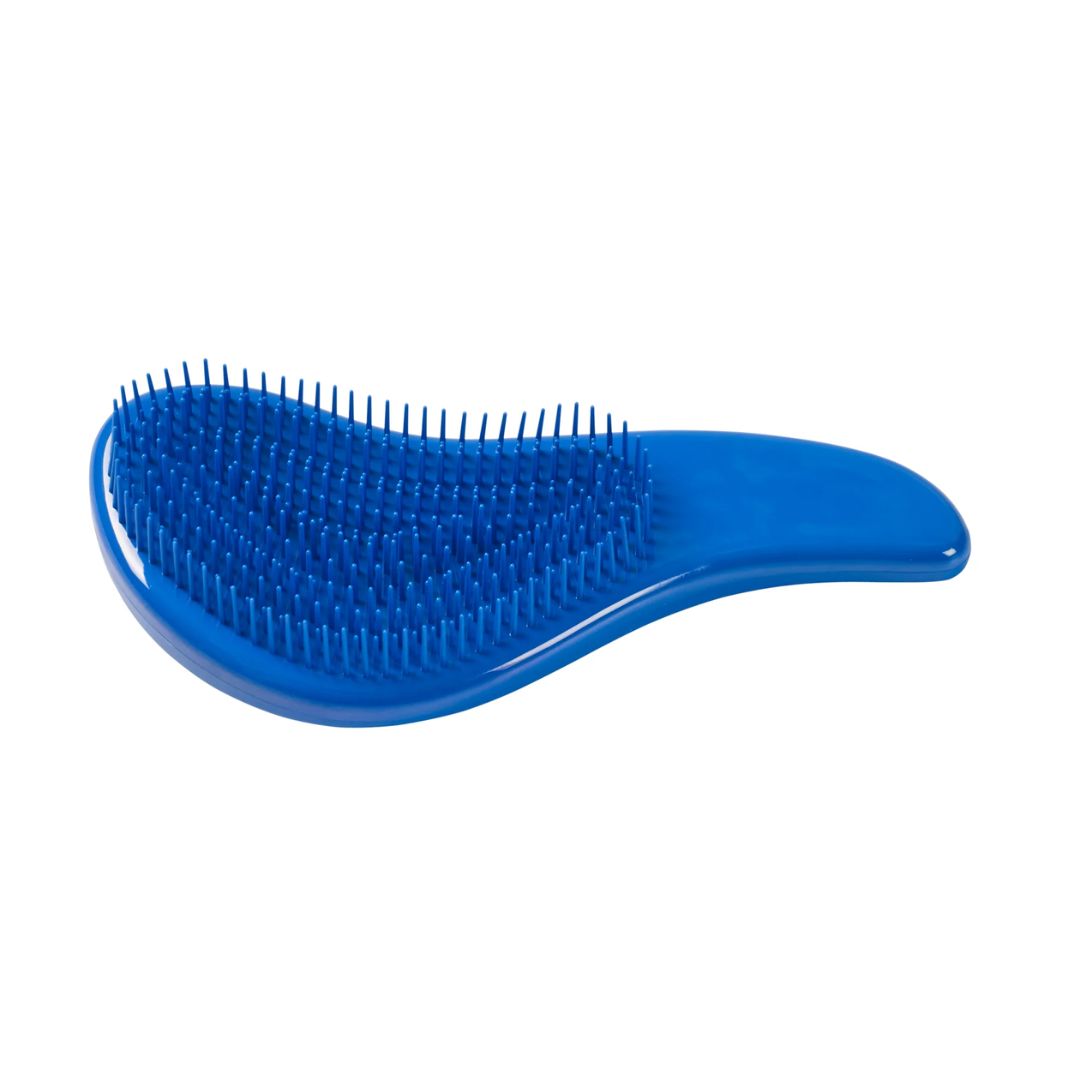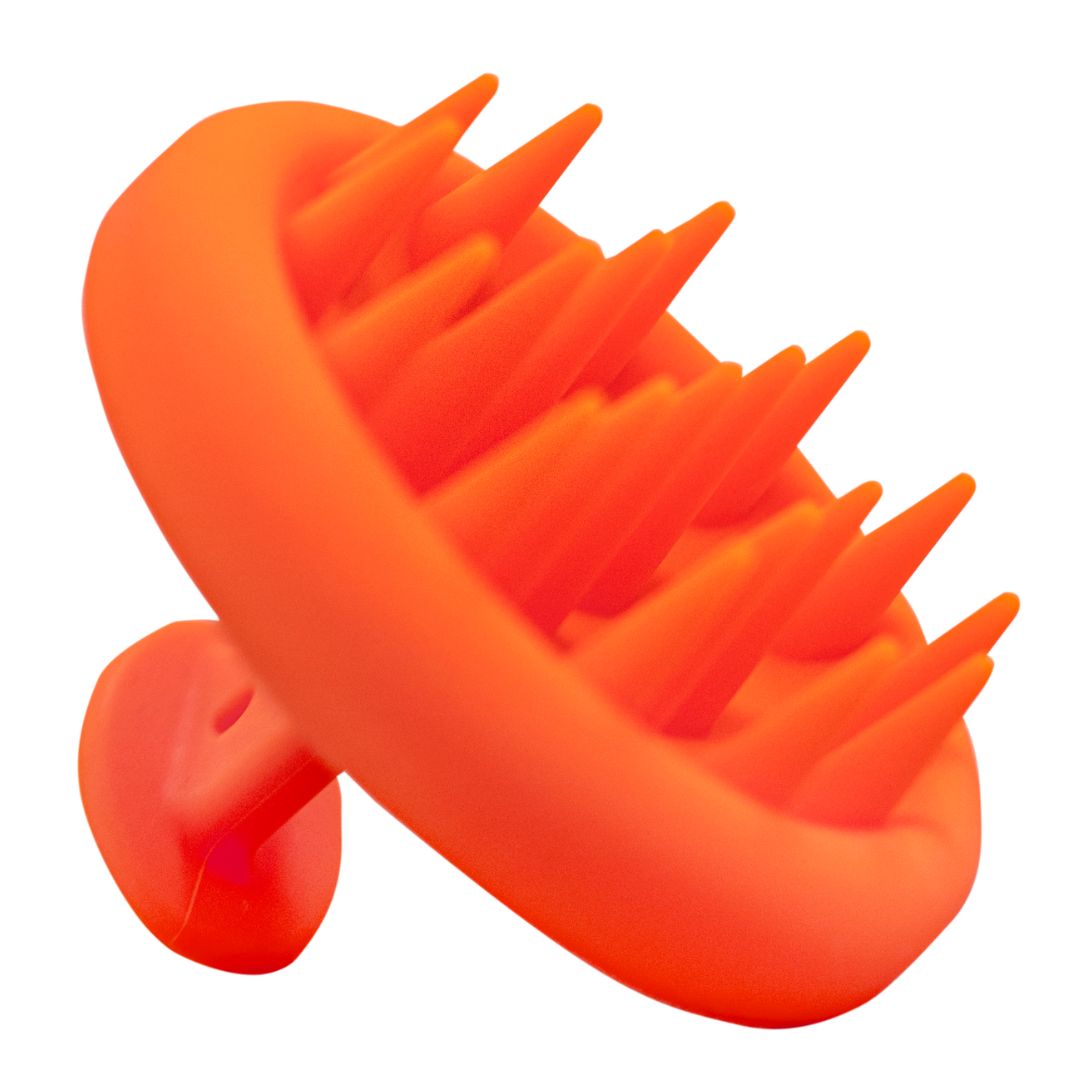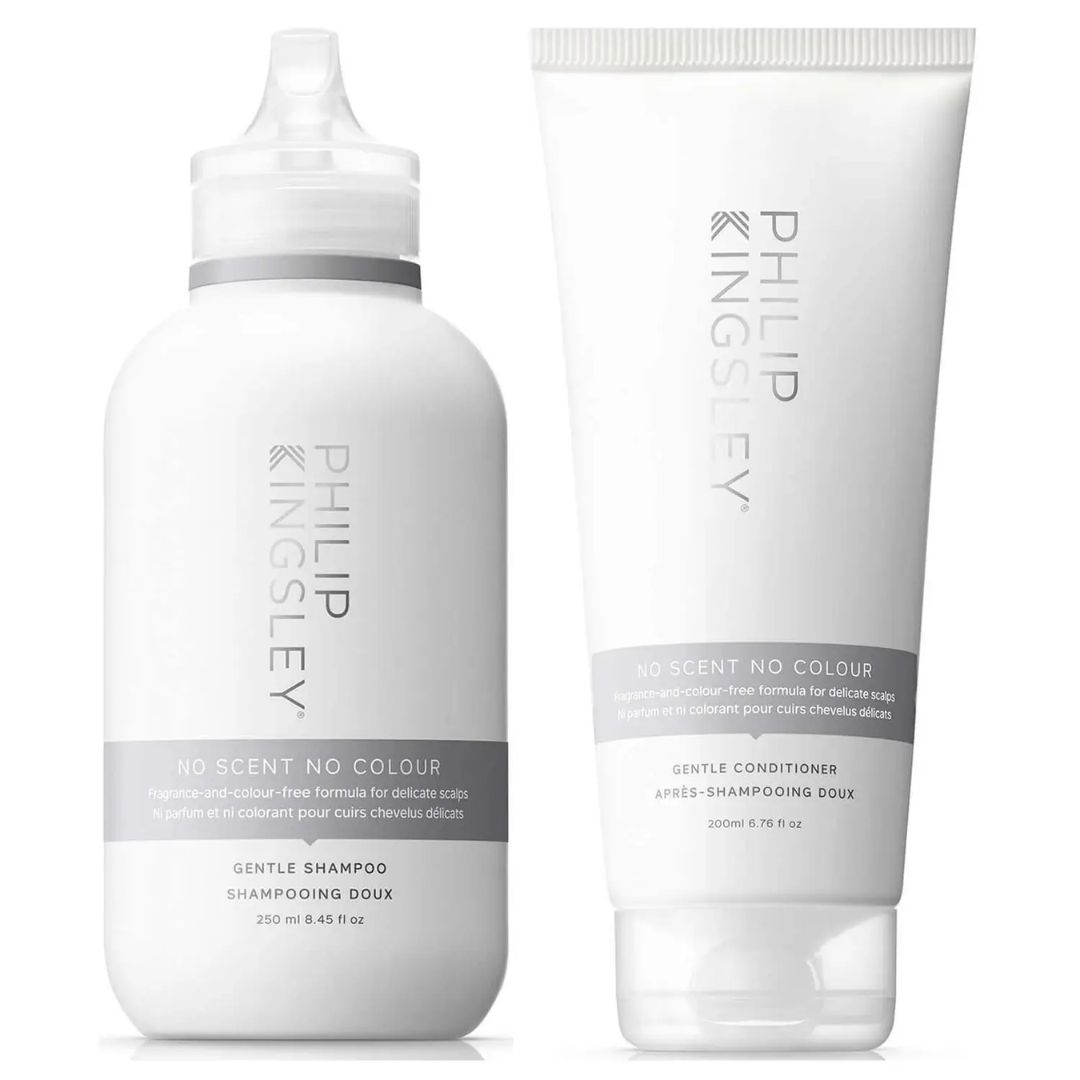Postpartum hair loss doesn't get talked about enough—here's what you should know about how to manage it
A worry-free zone lies ahead
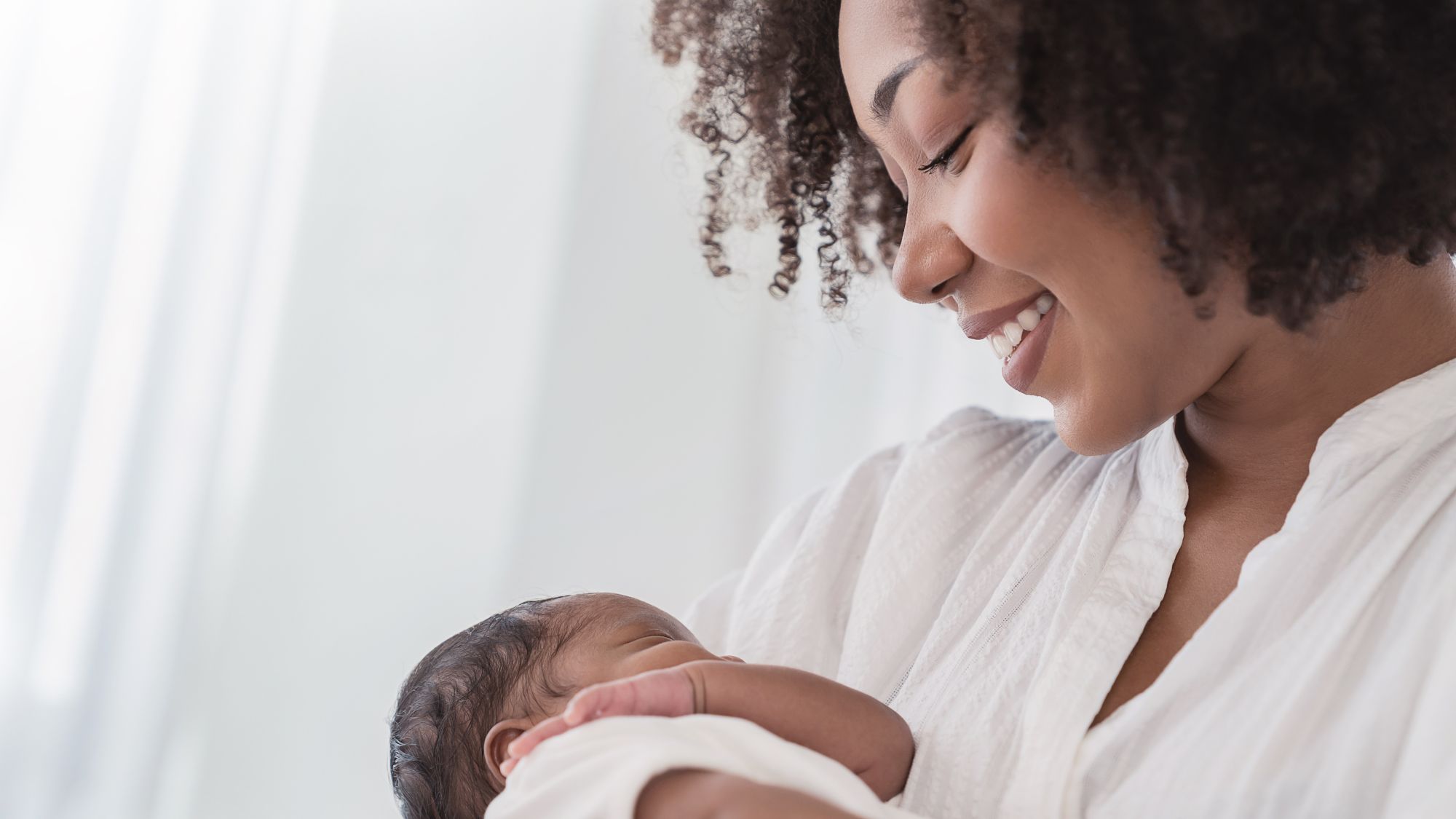
If there’s one thing I’ve learnt from having a baby, it’s that there are a lot of interesting side effects to pregnancy. Some that you're pre-warned about, like stretch marks, and some that come as a complete surprise, like postpartum hair loss. But the thing is, it shouldn't be such a shock, because hair shedding after you give birth is a very common issue for many new parents.
Rachael E.D Sey, certified Trichologist and Founder of Cherub London, describes postpartum hair loss as “excessive shedding and hair loss after you have had a baby”. However, just because it’s commonplace doesn’t mean that it’s not stressful. You're already dealing with your newfound routine, a newborn and changes to your body, so adding hair loss to the list is a lot, to say the least.
What can make it even more stressful is the unknown. How long does postpartum hair loss last? What causes postpartum hair loss and how can you treat it? These were definitely some of the questions that I was wondering while my hair shed, tangled and matted together four months after the birth of my son.
The good news is that postpartum hair shedding is only temporary. However, to help you with this trying period, we’ve created this essential guide with everything you need to know about postpartum hair loss. I spoke to hair and health experts to get their specialist advice and tips on how to handle it.
What is postpartum hair loss and what are the causes?
Postpartum hair loss (also known as postpartum hair shedding) is hair loss/shedding soon after giving birth. It affects around 50% of birthing people, explains Mr Christopher D'Souza, award-winning hair transplant surgeon and President of the (BAHRS) British Association of Hair Restoration Surgery. Regardless of how common it is, I know first hand how shocking it can be to see considerable amounts of hair coming out in clumps, either in your hairbrush or the shower.
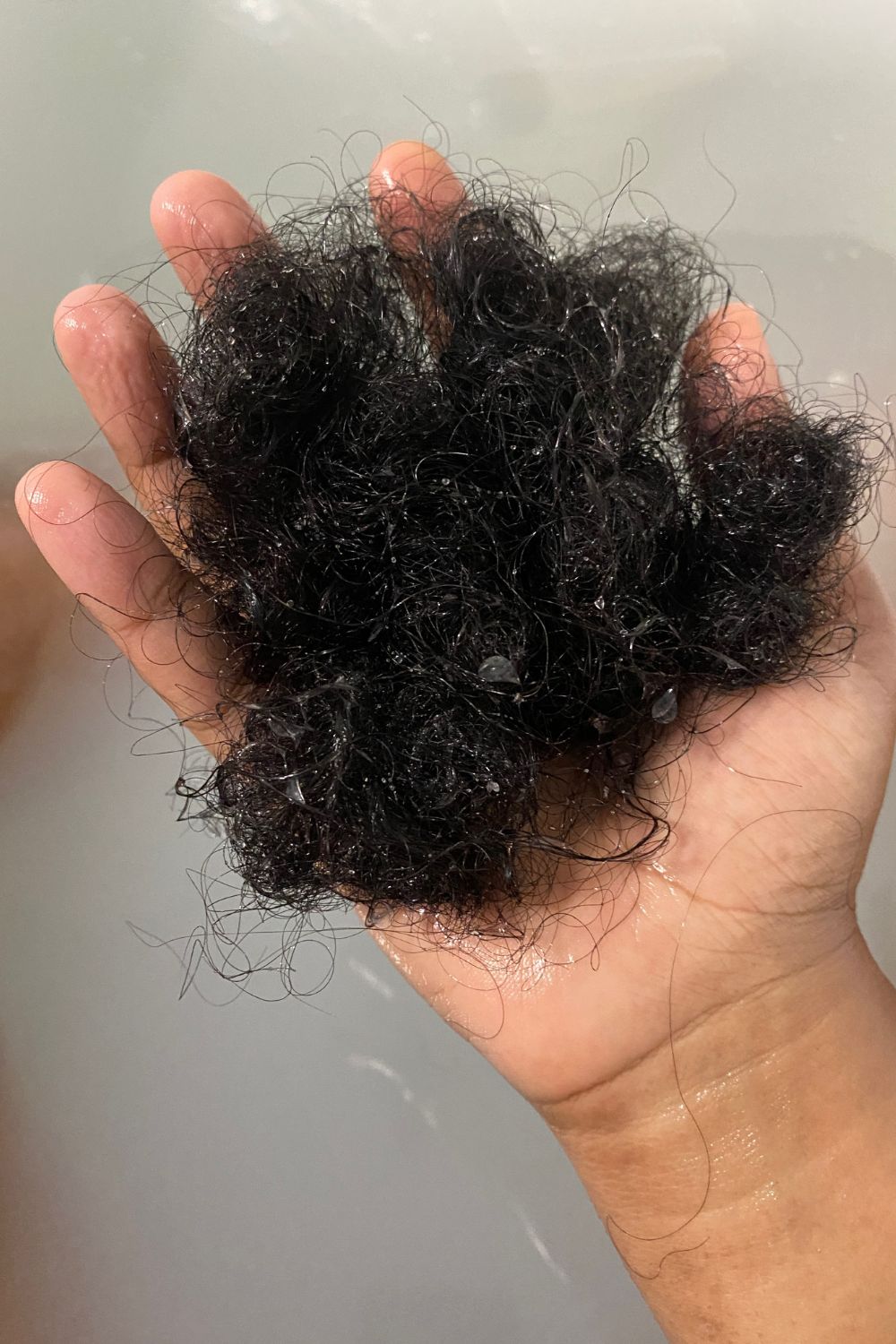
Clumps of my postpartum hair after brushing
“After giving birth, many new mothers experience postpartum hair loss, also known as telogen effluvium, which is characterised by the excessive shedding of hair,” explains Dr Crystal Wyllie, a GP at Asda Online Doctor.
Have you ever wondered when does postpartum hair loss start? During pregnancy the levels of oestrogen and progesterone in your body increase by a huge amount -the equivalent of taking almost 100 birth control pills in one day - then within three days of giving birth your hormone levels drop back down to your normal baseline (lower in some cases). This sudden drop in oestrogen causes hair follicles to enter the telogen phase of hair growth (AKA the ‘resting’ stage) where the follicle usually stops growing hair and begins to shed.
Celebrity news, beauty, fashion advice, and fascinating features, delivered straight to your inbox!
Joanne Parkington, Lead Midwife at Lansinoh further explains, “With a reduction in post-birth hormones, some women’s bodies go into stress and one of the impacts of this can be hair loss. [It] affects the phases of hair growth.”
How long does postpartum hair loss last?
The one thing I wanted to know was when does postpartum hair loss stop? Well, it’s worth noting that the hair loss varies from person to person with some experiencing a lot of shedding and others barely experiencing any, so it can be difficult to establish what is typical. On average, we lose around 100 hairs a day, however, post pregnancy you can experience hair fall of up to 400 hairs a day, which is why it’s so noticeable.
Postpartum hair loss is “usually the worst at around four months after birth, due to the drop in levels of oxytocin and progestin within the body, and it can last up to a year after childbirth,” explains Dr. Faisal Ahmed Hammadi, Resident Trichologist at Power Your Curls.
He also said that if you notice an excessive amount of shedding for a prolonged period of time, it’s best to see a trichologist or a doctor.
How does postpartum hair loss affect specific hair types?
One thing is for certain: postpartum hair loss affects people in many ways. After pregnancy, you may notice changes to your hair texture and hair type. Some people (particularly those with thin or kinky hair) will find their locks become curlier or there are changes to how their hair retains moisture. “This is because the strands of hair are delicate and any changes in oxytocin tend to affect moisture levels,” explains Dr Hammadi.
Interestingly, Jane Mayhead, Trichologist at Harley Street’s The Private Clinic adds that someone with straight hair could end up with curly strands post pregnancy because of genetics. "The gene for straight hair is recessive, so curly hair isn’t going to change to straight hair," she says. "But the gene for curly hair isn’t completely dominant and pregnancy can activate that gene."
How to stop or prevent postpartum hair loss
Is there anything you can do to stop postpartum hair loss and are there any postpartum hair loss remedies? Sadly, there aren't any treatments for postpartum hair loss per se, but there are lots of things you can do to help alleviate the shedding.
As always, a healthy, well-rounded diet is essential when it comes to your hair health. Hair is made up of a protein called keratin, so it's important to eat enough protein-rich foods. Other nutrients and vitamins for postpartum hair loss include iron, zinc, vitamin B12, and biotin, which are all important for healthy hair growth.
“Good nutrition is key, as well as staying hydrated," says Parkington. "You can continue with your pregnancy vitamins, as well as biotin and collagen supplements.” She also adds that it’s important not to place too much expectation on your vitamins and supplements for solving this issue.
Other factors that can help with postpartum hair loss include sleep and stress management, both of which are key for maternal mental health. “Sleep is essential for overall health and wellbeing, including hair growth, and stress can make hair loss worse,” explains D'Souza.
How to style postpartum hair
We’re all for styling your hair in ways to hide your hair loss, but can hairstyles actually help disguise your postpartum shedding? Hairstylist Charlotte Mensah confirms that they can help to create the illusion of thicker hair: “Blunt cuts are great. Too many layers can make the hair look thinner, so opting for a one-length blunt cut is a great way to restore that thicker look,” she says.
For afro and curly hair, she explains that it’s important to select simple, low manipulation or protective styles (although, approach wigs, weaves and extensions with extreme caution as you don’t want to invite traction alopecia). These hairstyles “will help to save time and can hold more moisture in the hair than if it's styled in twist outs or braid outs all the time,” Mensah adds.
And don’t forget: accessories are your best friends postpartum. They can quickly and easily hide hair loss after childbirth. Hats, headscarves, headwraps, headbands and hair clips are all good options to hide thinning edges and hair. I know that headbands became my go-to when I wanted to hide my thinning hair.
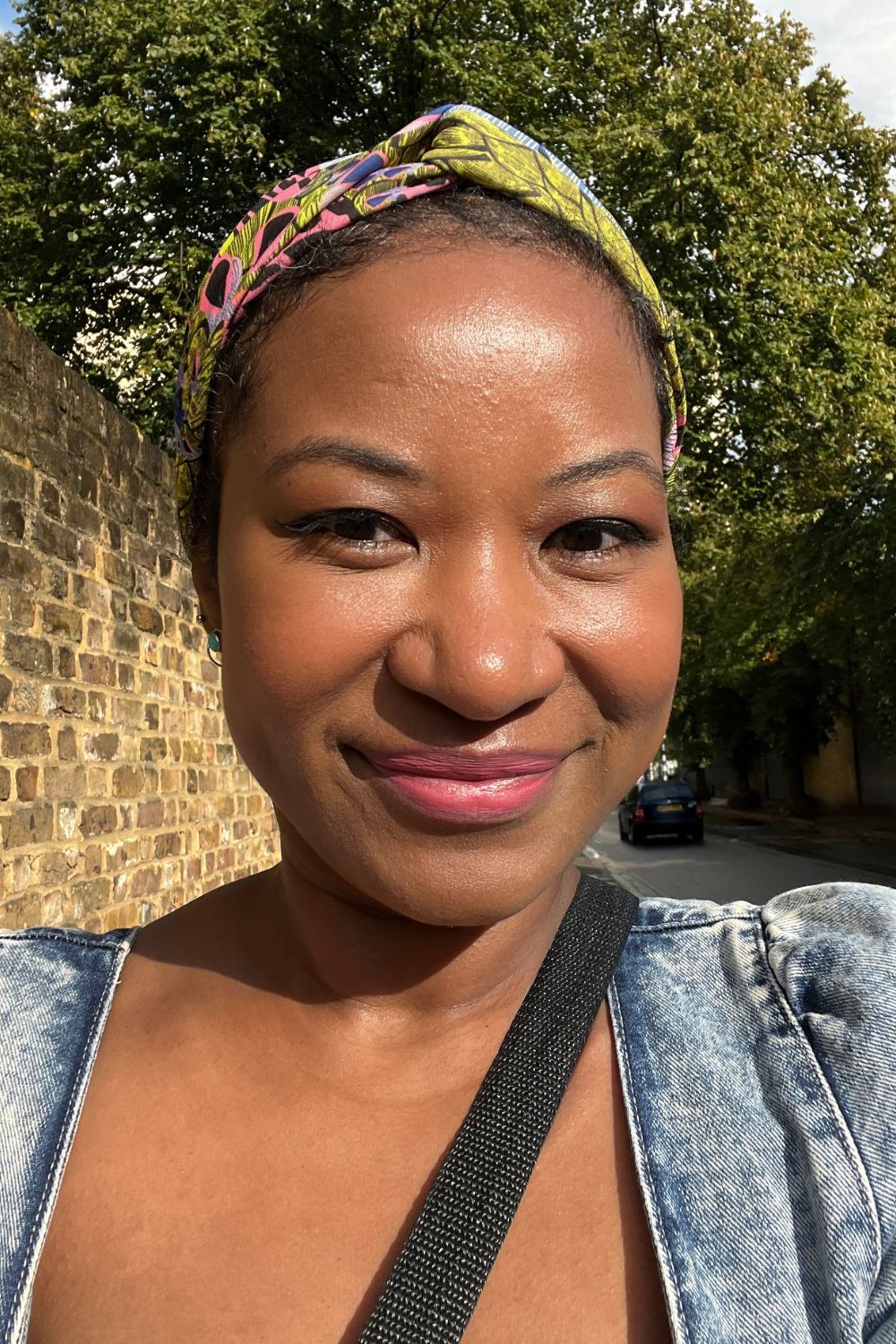
Jeanette Nkwate wearing a headband to hide thinning hair
Other things you might want to consider are reducing the number of times you wash your hair in a week, using a detangling brush to avoid putting too much pressure on the hair follicles and giving yourself a 15-minute scalp massage, which can provide much needed stimulation, as well as remove any unwanted build up from your scalp. “Use gentle shampoos and moisturising conditioners, avoid using hair styling tools as much as possible, and avoid tight hairstyles, as hair follicles are fragile and easily damaged,” adds Dr Crystal Wyllie, GP at Asda Online Doctor.
Finally, and probably the most important piece of advice is to remember pregnancy and childbirth are massive life-altering journeys, so be kind to yourself and remember it’s all temporary.
